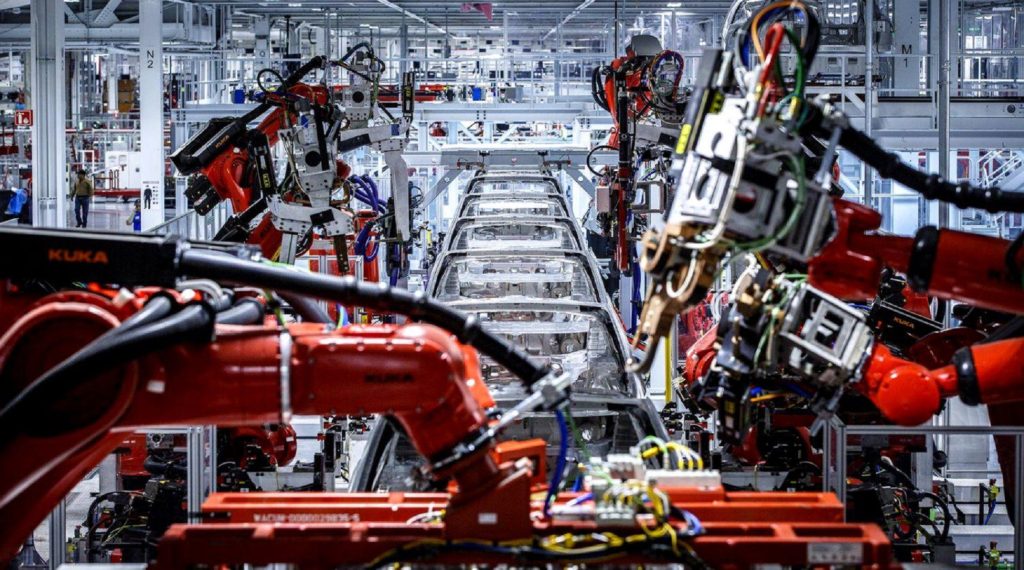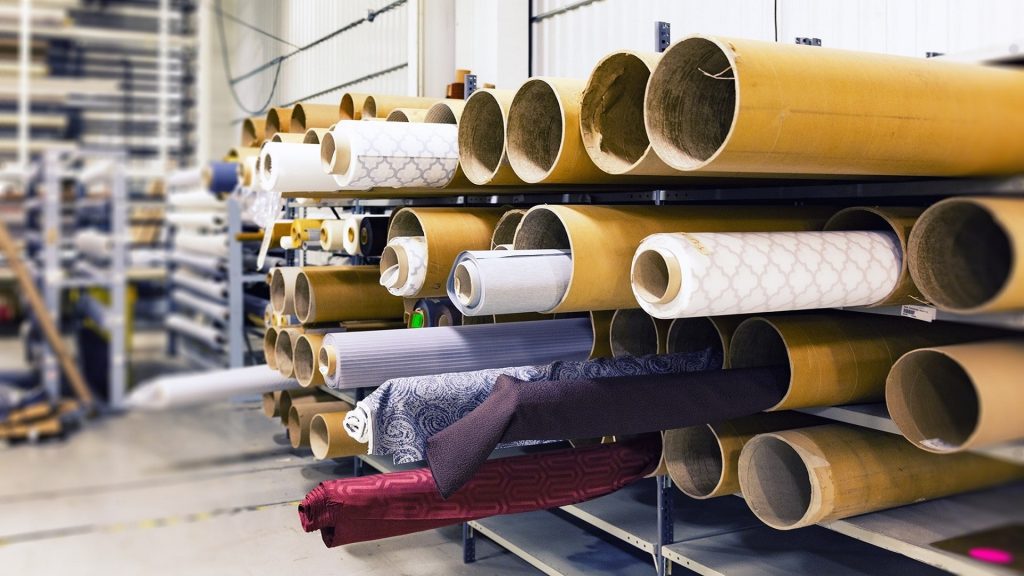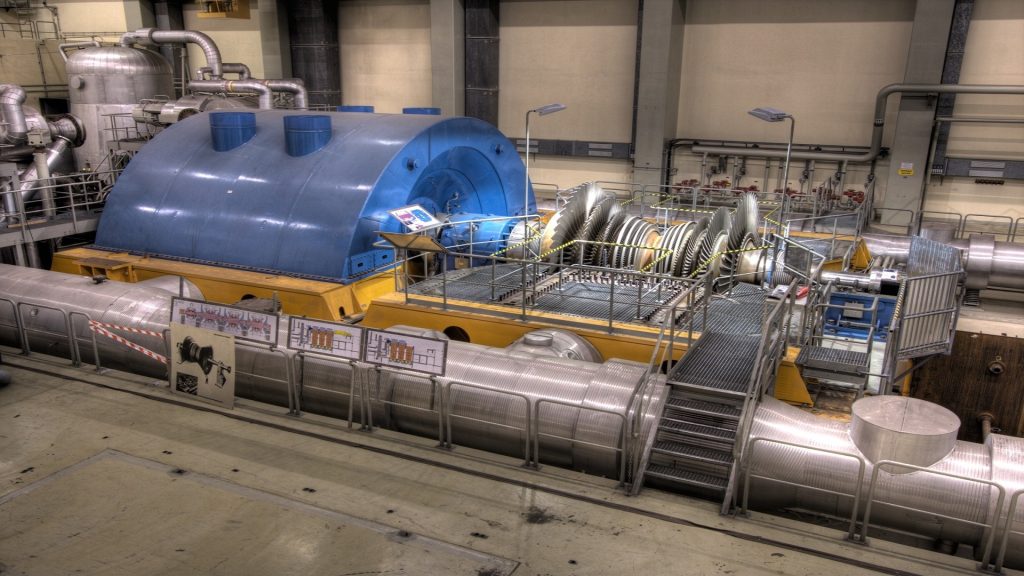Manufacturing Crafting Success





Crafting Success: Investing in African Manufacturing Sector
Africa, a continent of boundless potential and untapped resources, is poised to reshape the global manufacturing landscape. As the world recognizes the unique
opportunities that Africa offers, investing in the continent’s manufacturing sector emerges as a strategic move with the potential to yield substantial returns while contributing to economic growth, job creation, and technological advancement.
A Continent on the Rise: The Manufacturing Advantage
Africa’s manufacturing sector is undergoing a profound transformation, driven by a convergence of factors that position the continent as a manufacturing powerhouse:
Demographic Dividend: With the world’s youngest population, Africa presents a vibrant workforce that can power the manufacturing industry, providing both skilled and semi-skilled labour.
Resource Abundance: Africa boasts an abundance of natural resources, including minerals, metals, and agricultural products, which serve as valuable inputs for
manufacturing processes.
Market Potential: Africa’s rising middle class and urbanisation trends are creating a burgeoning consumer market with increasing demand for a wide range of manufactured goods.
Infrastructure Development: Investments in infrastructure, such as transportation networks and energy systems, are enhancing the connectivity necessary for a thriving manufacturing sector.
Innovation and Technology: African entrepreneurs and businesses are harnessing innovation and technology to drive advancements in manufacturing processes, product design, and quality control.
Key Sectors and Investment Opportunities:
Textile and Apparel: Africa’s abundant cotton production, combined with a growing fashion industry, presents opportunities for textiles, garment manufacturing, and fashion design.
Agro-Processing: Leveraging the continent’s rich agricultural output, agro-processing adds value to raw materials, reduces post-harvest losses, and contributes to food security.
Automotive and Transportation: As demand for vehicles and transportation infrastructure rises, Africa is attracting investments from global automotive
manufacturers and suppliers.
Consumer Goods: Rising disposable incomes and a growing middle-class drive demand for consumer goods like electronics, household appliances, and personal
care products.
Renewable Energy Manufacturing: With Africa’s commitment to sustainable energy solutions, manufacturing components for renewable energy systems presents a promising avenue.
Reasons to Invest:
Emerging Markets: Investing in Africa’s manufacturing sector provides access to a diverse range of emerging markets, allowing you to tap into new revenue streams and diversify your portfolio.
Supply Chain Optimisation: By establishing manufacturing operations in Africa, businesses can optimize supply chains, reduce production costs, and enhance
competitiveness.
Local Job Creation: Investing in manufacturing contributes significantly to local job creation, lifting communities out of poverty and fostering social and economic development.
Technology Transfer: Collaborating with local partners can facilitate technology transfer, skills development, and knowledge sharing, fostering mutual growth.
Trade Agreements: Africa’s participation in regional and international trade agreements opens doors to broader markets, providing a platform for expanded
exports.
Investing in Africas Manufacturing Future: Your Path to Impact
The decision to invest in Africas manufacturing sector is not just a financial opportunity; it is a commitment to shaping a brighter future for the continent and the global economy. By aligning your investment with Africa’s trajectory of growth, innovation, and sustainable development, you become a catalyst for positive change. Embrace the opportunity to be a part of Africa’s manufacturing renaissance, crafting success, prosperity, and meaningful impact. Your investment today paves the way for a thriving manufacturing legacy that resonates for generations to come

